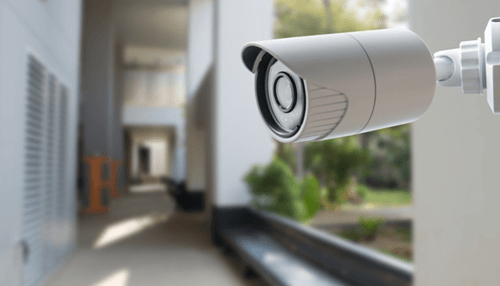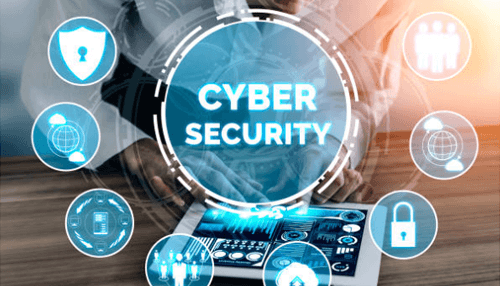43% of cyber attacks target small businesses. Perhaps more worrying is the fact that 60% of these companies will go out of business within six months of the cyber attack.
So what can a small business do to protect itself? What are the security measures it needs to have in place to be safe from both digital and physical threats?
Keep reading for an overview of the most important small business security features you need.
1. Install Security Cameras
One of the most essential security features for a small business to have is CCTV. While businesses are correctly preoccupied with digital security, it’s worth remembering to protect your physical premises too.
Security cameras are a great deterrent to crime, as well as their ability to capture people coming and going from your business’s property. “Secure your property with the best security cameras. Enjoy easy installation with step-by-step instructions and with a wide range of collections that you can choose from Coram.”
2. Employ a Cybersecurity Expert
Hiring a dedicated cybersecurity manager is the best way you can maintain best practices across your business. A security officer can carry out risk assessments, install security features for business startups, and help to train employees.
It’s often useful to use a headhunter who has experience in the cybersecurity field when looking for a cyber intelligence employee. They can help you find someone with expertise and a full skill-set when it comes to small business security.
3. Back-Up Data Regularly
Next on our list of indispensable security features for startups is data backup. The best process to have is an automatic backup to the cloud that occurs on a weekly basis. Thus, you don’t need to worry about carrying out this task manually.
If possible, it’s worth backing up important business files to multiple locations. If you’re already storing files in the cloud, use a secure, offsite location for a second layer of protection.
4. Control Information Access
An essential premise of business startup security is managing who has access to what. This comprises both physical access to computers, as well as digital access to files.
Make sure your office and computers are carefully secured. It’s also necessary to use different software user accounts for each employee. This is beneficial for ensuring accountability should data be erased or compromised.
5. Invest in Employee Training
Last, one of the greatest security tools for a small business is your employees themselves. Ensuring that your team has the necessary training and knowledge to follow secure business practices is crucial.
These practices include:
- Using a strong password and changing it regularly
- Locking their computers when away from their desks and paying special attention when in public places
- Making sure that customer data is deleted after use and never stored on their personal devices
Those Are the Essential Small Business Security Components
Now that we’ve covered the essential small business security measures you need, it’s time to take action. Don’t make the same mistake as many other businesses have done, which is to become concerned with security only after a breach has taken place.
For more small business and startup advice, take a look at the rest of our articles.



